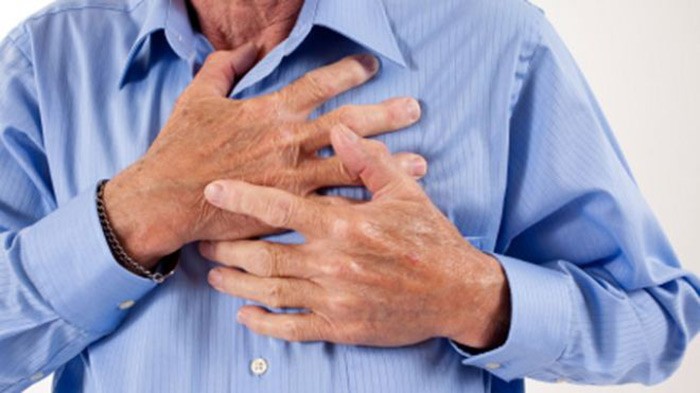Heart attacks and strokes kill millions every year. Most are caused by blockages to blood vessels. Vessels can be pried open by heart stents, tubular devices that are inserted and inflated to prevent vessels from collapsing or blocking. Stents incur many problems ranging from flaring at the edges to fracturing to unexpected shrinking. All lead to complications, further surgery, and even death.
Luke Mizzi (supervised by Prof. Joseph N. Grima, Dr Daphne Attard, and Dr Ruben Gatt) has studied existing stent designs to identify their weaknesses and is currently studying novel designs that overcome these problems. He used computer simulations to replicate the stresses current stents experience in the human body. These stents performed well in response to inflation and bending. However, shortening still occurs and they do not expand uniformly leading to flaring at the edges.
Mizzi found which current designs fared well but no design had all the features needed by heart stents. Crowns with a zigzagging structure allow for high expandability while S-shaped connections between crowns allow for high flexibility.
Mizzi who forms part of the Metamaterials Unit is designing new stent geometries that build on these features incorporating them all and improving stent performance. The next step for these researchers are designs that support part of the throat or oesophagus to continue saving lives.
This research was performed as part of Doctoral Studies at the Faculty of Science at the University of Malta. It is funded by the Malta Council for Science and Technology through its R&I programme. This project is in collaboration between the University of Malta, HM RD Ltd, part of the HalMann Vella Group of Companies, and Tek-Moulds Precision Engineering Limited.





Comments are closed for this article!